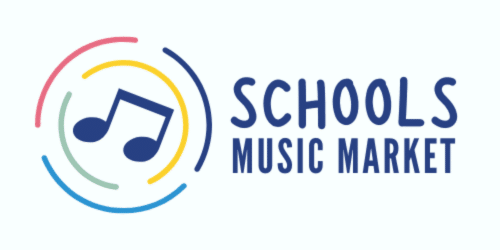Engaging Young Musicians in Year 4 Music
The Year four music curriculum is an integral phase in nurturing young musicians, aimed at deepening their understanding and enhancing their skills. Here’s a detailed exploration of how educators can effectively achieve these goals, with an emphasis on specific strategies and the vital inclusion of “Year 4 music” as a cornerstone concept.
Developing Musical Literacy in Year 4 Music
A crucial goal for Year 4 music is ensuring students become fluent in the language of music. This encompasses a thorough understanding of musical notation—like the treble and bass clefs—and the ability to recognize various note values such as quarter notes (crotchets) and half notes (minims). Moreover, identifying the pitch of notes is essential. Innovative teaching strategies, tailored specifically for Year 4 music, could involve mnemonic devices for remembering clef notes, engaging rhythm clapping games, and interactive software programs that make note recognition more interactive and fun for Year 4 students.
Year 4 Music Performance Skills
In Year 4 music, performance takes a central stage. Students are encouraged to confidently engage in both solo and ensemble performances. They should learn to control their breathing and maintain correct posture while singing, and also develop proficiency in playing melodies and chords on various instruments. For optimal Year 4 music education, teachers can organize regular class performances, implement call-and-response exercises to reinforce practice, and offer constructive feedback to refine students’ techniques.
Listening and Appraisal in the Year 4 Music Curriculum
Year 4 music students should hone their listening skills, enabling them to recognize different instrumental timbres, textures, and a range of musical genres and styles. Understanding and using terms like forte (loud) and piano (soft) for dynamics, as well as allegro (fast) and adagio (slow) for tempo, are key learning outcomes. Engaging activities for Year 4 music classes could include ‘musical detectives’, where students identify instruments or dynamics, and ‘style spotlights’, focusing on exploring different genres each week.
Year 4 Music: Composition and Improvisation
Year 4 music students should be encouraged to express their creativity through composition and improvisation, understanding the significance of structure and form in music. They should be taught to use phrasing and dynamics effectively to create expressive compositions. For Year 4 music classes, educators can facilitate this creativity by offering composition prompts, integrating technology like music apps for sound experimentation, and promoting free improvisation sessions.
Understanding Music in Context in Year 4
In Year 4 music, comprehending the historical and cultural context of music is essential. Students should learn about classical composers and explore various world music traditions. Teachers can foster this understanding in Year 4 music by creating cross-curricular links with subjects like history or geography, and inviting guest musicians for live demonstrations, thereby enriching the Year 4 music experience.
Technical Skills and Vocabulary in Year 4 Music
Students in Year 4 music should become comfortable with a broad range of musical vocabulary, spanning from tempo and dynamics to harmony and rhythm. They should master clapping complex rhythmic patterns and accurately use terms like crescendo (gradually getting louder) and diminuendo (gradually getting softer). Interactive games that match musical terms with their definitions or symbols can significantly reinforce this vocabulary for Year 4 music students.
Year 4 Music: Activities and Experiences
Hands-on experiences are crucial in Year 4 music. Students should participate in workshops, school performances, and, if feasible, attend live music events. For an immersive Year 4 music experience, educators can arrange field trips to concerts, organize school assemblies featuring student performances, and collaborate with local music organizations for enriching workshops.
Integrating Music with Other Subjects in Year 4
Linking music to other academic disciplines can significantly enhance its relevance and appeal for Year 4 students. In Year 4 music, projects could include composing music for a poem in a literature class, or studying the music of a specific historical period in conjunction with history lessons, thereby enriching the overall Year 4 music curriculum.
In summary, through detailed planning and innovative execution, these objectives for Year 4 music students support a robust and dynamic music curriculum. Each goal weaves together practical skills with theoretical knowledge, ensuring that Year 4 students not only understand music but can also express themselves creatively through it.
For resources to support your music classroom click here to browse the full list.



